Dive into the world of steak cuts, where each cut tells a tale of flavor, texture, and culinary possibilities. From the tenderloin’s melt-in-your-mouth elegance to the hearty, robust rib eye, discover the characteristics, cooking methods, and perfect pairings for every steak cut.
Steak Cuts
Steak is a popular and versatile dish that can be enjoyed in a variety of ways. However, with so many different cuts of steak available, it can be difficult to know which one to choose. This guide will provide you with an overview of the different cuts of steak, their characteristics, and the best cooking methods for each cut.
Rib Eye Steak
The rib eye steak is a well-marbled cut of steak that is known for its flavor and tenderness. It is cut from the rib section of the cow, and it has a good amount of fat, which contributes to its flavor and juiciness. Rib eye steaks are best cooked over high heat, such as on a grill or in a cast iron skillet.
Steak cuts are classified based on their location on the cow, with each cut offering unique flavor and texture profiles. For a quick and flavorful appetizer or main course, try a steak bites recipe. These bite-sized morsels are made from tender cuts of steak, seasoned and cooked to perfection.
Whether you prefer juicy ribeye or marbled strip loin, the versatility of steak cuts allows for endless culinary possibilities.
Strip Steak
The strip steak is a leaner cut of steak that is known for its firm texture and beefy flavor. It is cut from the short loin section of the cow, and it has a strip of fat running down the center. Strip steaks are best cooked over high heat, such as on a grill or in a cast iron skillet.
Tenderloin Steak
The tenderloin steak is the most tender cut of steak available. It is cut from the tenderloin muscle, which is located on the underside of the loin. Tenderloin steaks are very lean, and they have a delicate flavor. They are best cooked over low heat, such as in a pan or in the oven.
T-Bone Steak
The T-bone steak is a combination of the strip steak and the tenderloin steak. It is cut from the short loin section of the cow, and it has a T-shaped bone running through the center. T-bone steaks are best cooked over high heat, such as on a grill or in a cast iron skillet.
Porterhouse Steak
The porterhouse steak is similar to the T-bone steak, but it has a larger tenderloin section. It is cut from the short loin section of the cow, and it has a T-shaped bone running through the center. Porterhouse steaks are best cooked over high heat, such as on a grill or in a cast iron skillet.
Cooking Methods for Steak
The best way to cook a steak depends on the cut of steak you are using. Here are some general guidelines:
- Rib eye steaks are best cooked over high heat, such as on a grill or in a cast iron skillet.
- Strip steaks are best cooked over high heat, such as on a grill or in a cast iron skillet.
- Tenderloin steaks are best cooked over low heat, such as in a pan or in the oven.
- T-bone steaks are best cooked over high heat, such as on a grill or in a cast iron skillet.
- Porterhouse steaks are best cooked over high heat, such as on a grill or in a cast iron skillet.
Crockpot Recipes Ideas
Crockpots are a lifesaver for busy home cooks. They allow you to throw in your ingredients in the morning, and dinner will be ready when you get home from work. Plus, they’re perfect for cooking tough cuts of meat, like steak, which becomes incredibly tender and flavorful when cooked low and slow in a crockpot.
Here are a few of our favorite crockpot steak recipes:
- Crockpot Steak and Potatoes: This classic dish is always a crowd-pleaser. Simply brown the steak in a skillet before adding it to the crockpot with potatoes, onions, and carrots. Cook on low for 6-8 hours, or until the steak is tender and the vegetables are cooked through.
- Crockpot Steak Tacos: These tacos are perfect for a quick and easy weeknight meal. Simply brown the steak in a skillet before adding it to the crockpot with your favorite taco seasoning. Cook on low for 4-6 hours, or until the steak is tender. Shred the steak and serve it on tortillas with your favorite toppings.
- Crockpot Steak and Gravy: This hearty dish is perfect for a cold winter night. Simply brown the steak in a skillet before adding it to the crockpot with beef broth, Worcestershire sauce, and your favorite seasonings. Cook on low for 6-8 hours, or until the steak is tender and the gravy has thickened.
Tips for Cooking Steak in a Crockpot, Steak cuts
Here are a few tips for cooking steak in a crockpot:
- Brown the steak first: Browning the steak in a skillet before adding it to the crockpot will help to develop flavor and create a nice crust.
- Use a good quality steak: The quality of the steak will make a big difference in the final dish. Look for a steak that is well-marbled and has a good amount of fat.
- Cook on low: Cooking the steak on low will help to tenderize it and prevent it from becoming tough.
- Don’t overcook the steak: Overcooked steak will be tough and dry. Cook the steak until it is tender and has reached your desired level of doneness.
Recipe Table
| Recipe | Cooking Time | Ingredients |
|—|—|—|
| Crockpot Steak and Potatoes | 6-8 hours | Steak, potatoes, onions, carrots, beef broth |
| Crockpot Steak Tacos | 4-6 hours | Steak, taco seasoning, tortillas, toppings |
| Crockpot Steak and Gravy | 6-8 hours | Steak, beef broth, Worcestershire sauce, seasonings |
Marinades and Seasonings
Marinating is a process of soaking meat in a seasoned liquid to enhance its flavor and texture. It allows the flavors to penetrate deeply into the meat, resulting in a more flavorful and tender dish.
There are various marinades and seasonings that can be used with steak, each imparting its unique flavor profile. Marinades typically consist of a combination of acidic ingredients (such as vinegar, lemon juice, or wine) to break down the meat’s proteins, herbs and spices for flavor, and oil to tenderize the meat.
The length of marinating time depends on the thickness of the steak and the desired level of flavor infusion. Thinner cuts, such as flank steak or skirt steak, can marinate for a shorter duration (30 minutes to 2 hours), while thicker cuts, such as ribeye or strip steak, may require longer marinating times (up to 12 hours or overnight).
Marinating can significantly enhance the flavor and texture of steak. The acidic ingredients help break down the tough muscle fibers, making the meat more tender and juicy. The herbs and spices infuse the meat with their flavors, creating a rich and complex taste profile.
Types of Marinades
There are several popular types of marinades that can be used with steak:
- Red wine marinade: Made with red wine, herbs (such as thyme and rosemary), and garlic, this marinade imparts a deep, rich flavor to the steak.
- Italian marinade: Consists of olive oil, lemon juice, herbs (such as oregano and basil), and garlic, giving the steak a Mediterranean-inspired flavor.
- Asian marinade: Typically made with soy sauce, honey, ginger, and garlic, this marinade adds a sweet and savory Asian flavor to the steak.
- Yogurt marinade: Yogurt-based marinades, often combined with spices (such as cumin and coriander), tenderize the meat and add a tangy flavor.
Table Comparing Marinades
| Marinade Type | Flavor Profile | Recommended Steak Cuts |
|—|—|—|
| Red Wine | Deep, rich | Ribeye, strip |
| Italian | Mediterranean-inspired | Flank, skirt |
| Asian | Sweet and savory | Flank, skirt, hanger |
| Yogurt | Tangy, tenderizing | Top round, bottom round |
Seasonings for Steak
In addition to marinating, seasonings play a crucial role in enhancing the flavor of steak. Some commonly used seasonings include:
- Salt and pepper: The classic seasoning duo, salt and pepper enhance the natural flavors of the steak.
- Garlic powder: Adds a savory, aromatic flavor to the steak.
- Onion powder: Imparts a slightly sweet and savory flavor.
- Smoked paprika: Adds a smoky, slightly spicy flavor to the steak.
- Steak seasoning blends: Pre-mixed seasoning blends specifically designed for steak are available in various flavors.
Cooking Techniques: Steak Cuts
Cooking steak requires careful attention to technique in order to achieve the perfect doneness and flavor. Various cooking methods can be employed, each offering its own advantages and disadvantages.
The most common cooking techniques for steak include:
- Grilling: Grilling involves cooking the steak over direct heat, resulting in a charred exterior and a juicy interior. It is a quick and flavorful method, but requires careful monitoring to prevent overcooking.
- Pan-Searing: Pan-searing involves searing the steak in a hot pan with oil or butter, then reducing the heat to cook the interior. This method produces a crispy crust and a tender interior, but can be more time-consuming than grilling.
- Roasting: Roasting involves cooking the steak in an oven, typically at a lower temperature for a longer period of time. This method results in a more evenly cooked steak, but can take longer and may not produce as much flavor as grilling or pan-searing.
- Sous Vide: Sous vide involves cooking the steak in a vacuum-sealed bag submerged in a temperature-controlled water bath. This method produces a very tender and evenly cooked steak, but requires specialized equipment and can be time-consuming.
The choice of cooking technique depends on the desired doneness, the cut of steak, and the available equipment. By understanding the advantages and disadvantages of each method, you can select the best technique to achieve the perfect steak.
Achieving the Perfect Doneness
The doneness of a steak refers to the level of cooking, which can range from rare to well-done. The desired doneness depends on personal preference, but the following guidelines can help you achieve the perfect steak:
- Rare: The steak is cooked to an internal temperature of 125-130°F (52-54°C) and has a red, slightly cool center.
- Medium-Rare: The steak is cooked to an internal temperature of 130-135°F (54-57°C) and has a warm, slightly pink center.
- Medium: The steak is cooked to an internal temperature of 135-140°F (57-60°C) and has a slightly pink center.
- Medium-Well: The steak is cooked to an internal temperature of 140-145°F (60-63°C) and has a mostly brown center.
- Well-Done: The steak is cooked to an internal temperature of 145°F (63°C) or higher and has a completely brown center.
To achieve the desired doneness, it is important to use a meat thermometer to accurately measure the internal temperature of the steak. Cooking times can vary depending on the thickness and cut of the steak, so it is important to adjust the cooking time accordingly.
Accompaniments and Sauces
Accompaniments and sauces play a crucial role in enhancing the flavor and overall dining experience of steak. The right combination can elevate the steak’s taste profile and create a harmonious culinary masterpiece.
Steak cuts offer a diverse range of flavors and textures, each suitable for different cooking methods. Salisbury steak, for instance, is a classic dish that utilizes ground beef to create a hearty and comforting meal. Here’s a salisbury steak recipe that showcases the versatility of ground beef, allowing you to explore the possibilities of steak cuts beyond traditional grilling or roasting.
Accompaniments
Accompaniments are side dishes that complement the steak and provide contrasting textures and flavors. Popular accompaniments include:
- Asparagus: Grilled or roasted asparagus spears offer a crisp, slightly bitter flavor that balances the richness of steak.
- Mashed Potatoes: Creamy and smooth mashed potatoes provide a comforting and indulgent accompaniment.
- Grilled Mushrooms: Sautéed or grilled mushrooms add an earthy, umami flavor to the steak.
li>Roasted Root Vegetables: Roasted carrots, parsnips, and turnips provide a sweet and savory contrast to the steak.
Sauces
Sauces add moisture, flavor, and richness to steak. Here are some classic and versatile sauces:
- Béarnaise Sauce: A rich and creamy sauce made with egg yolks, white wine vinegar, and tarragon.
- Hollandaise Sauce: A classic sauce made with egg yolks, butter, and lemon juice.
- Red Wine Sauce: A flavorful sauce made with red wine, beef broth, and herbs.
- Chimichurri Sauce: A South American sauce made with fresh herbs, garlic, and olive oil.
Pairing Accompaniments and Sauces
The ideal pairing of accompaniments and sauces depends on the cut of steak and personal preferences. Here are some suggestions:
| Steak Cut | Accompaniments | Sauces |
|---|---|---|
| Ribeye | Asparagus, mashed potatoes | Béarnaise, Hollandaise |
| Strip | Grilled mushrooms, roasted root vegetables | Red Wine, Chimichurri |
| Filet Mignon | Mashed potatoes, sautéed spinach | Béarnaise, Hollandaise |
| Flank | Grilled onions, chimichurri | Red Wine, Chimichurri |
Health Benefits and Considerations
Steak is a nutritious and flavorful food that can be part of a healthy diet. It is a good source of protein, iron, and other essential nutrients. Eating steak has been linked to several health benefits, including:
– Increased muscle mass: Steak is a good source of protein, which is essential for building and maintaining muscle mass.
– Improved iron levels: Steak is a good source of iron, which is essential for carrying oxygen throughout the body.
– Reduced risk of heart disease: Some studies have shown that eating steak may be linked to a reduced risk of heart disease. This is likely due to the fact that steak is a good source of omega-3 fatty acids, which have been shown to reduce inflammation and improve heart health.
– Improved cognitive function: Steak is a good source of choline, which is essential for cognitive function. Choline has been shown to improve memory and learning.
However, it is important to note that steak is also high in saturated fat and cholesterol. Eating too much steak can increase your risk of heart disease and other health problems. Therefore, it is important to eat steak in moderation as part of a healthy diet.
Nutritional Information of Different Cuts of Steak
The nutritional information of steak varies depending on the cut of meat. The following table provides a summary of the nutritional information for some of the most popular cuts of steak:
| Cut of Steak | Calories | Protein (g) | Fat (g) | Saturated Fat (g) | Cholesterol (mg) |
|—|—|—|—|—|—|
| Ribeye | 284 | 25 | 22 | 9 | 80 |
| Strip steak | 263 | 26 | 19 | 7 | 70 |
| Tenderloin | 234 | 26 | 15 | 6 | 60 |
| T-bone | 274 | 27 | 21 | 8 | 75 |
| Porterhouse | 279 | 28 | 22 | 9 | 80 |
As you can see, the nutritional information for steak varies depending on the cut of meat. It is important to choose a cut of steak that fits your dietary needs and goals.
Closing Summary
Whether you’re a seasoned grill master or a home cook seeking steak perfection, this guide will empower you with the knowledge to select, prepare, and savor the ultimate steak experience. So, let’s embark on this culinary adventure and explore the world of steak cuts!
FAQs
What is the most tender steak cut?
Filet mignon, cut from the tenderloin, is renowned for its exceptional tenderness and delicate flavor.
What is the best steak cut for grilling?
Ribeye, strip loin, and T-bone steaks are excellent choices for grilling due to their marbling and rich flavor.
How long should I marinate a steak?
Marinating times vary depending on the marinade and cut of steak, but generally range from 30 minutes to overnight.
What is the ideal internal temperature for a medium-rare steak?
For a medium-rare steak, aim for an internal temperature of 130-135°F (54-57°C).
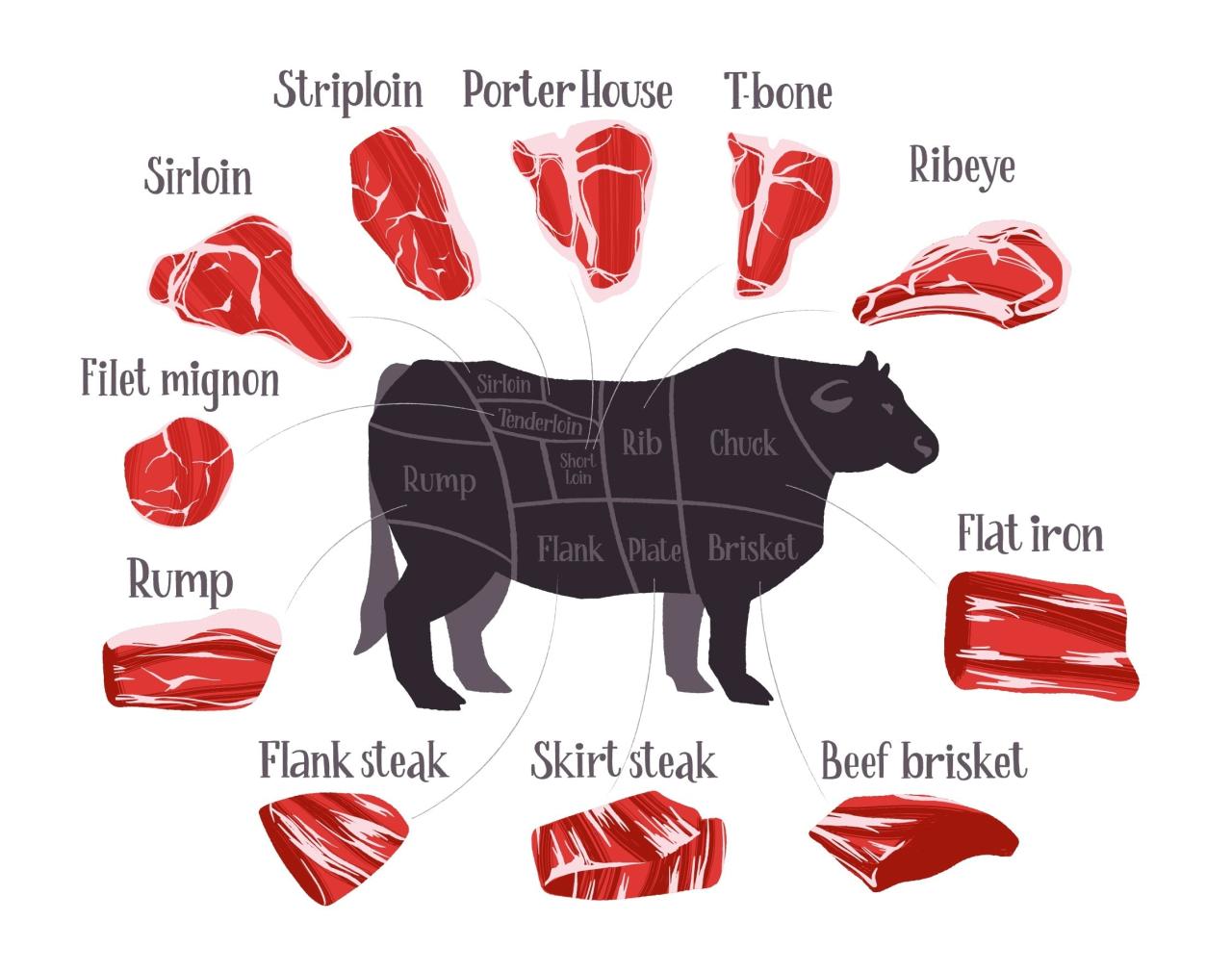
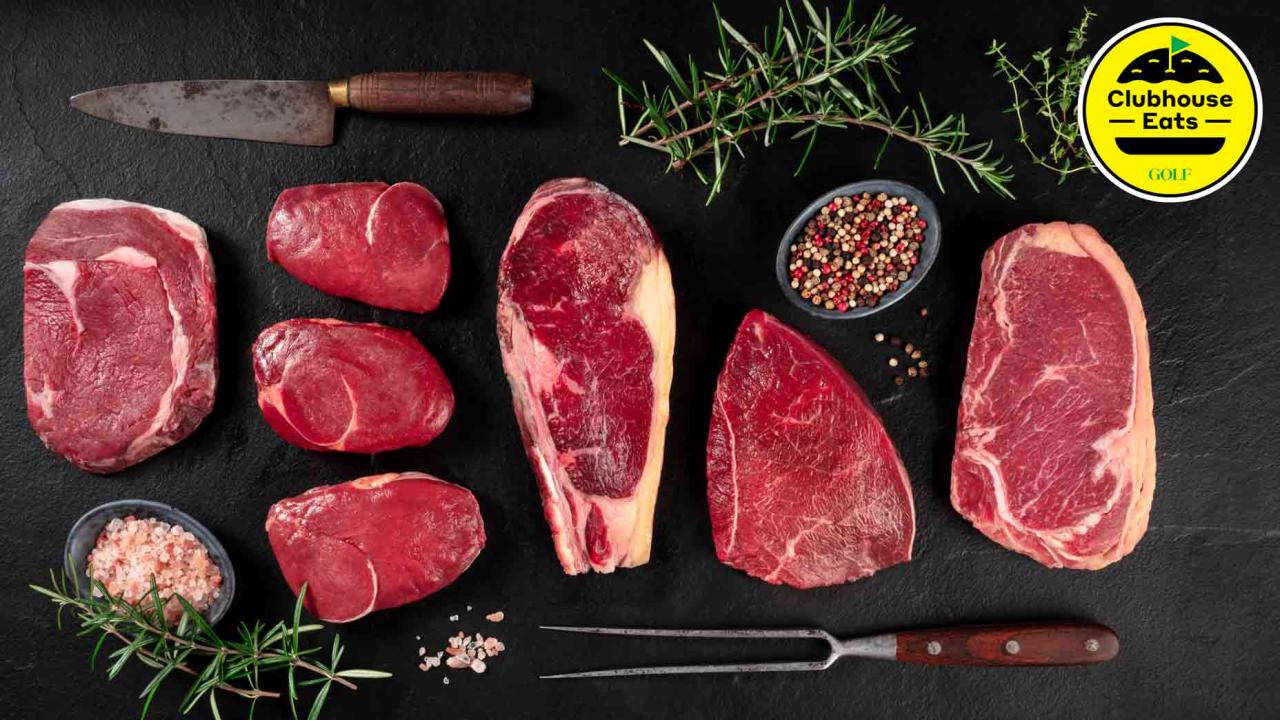
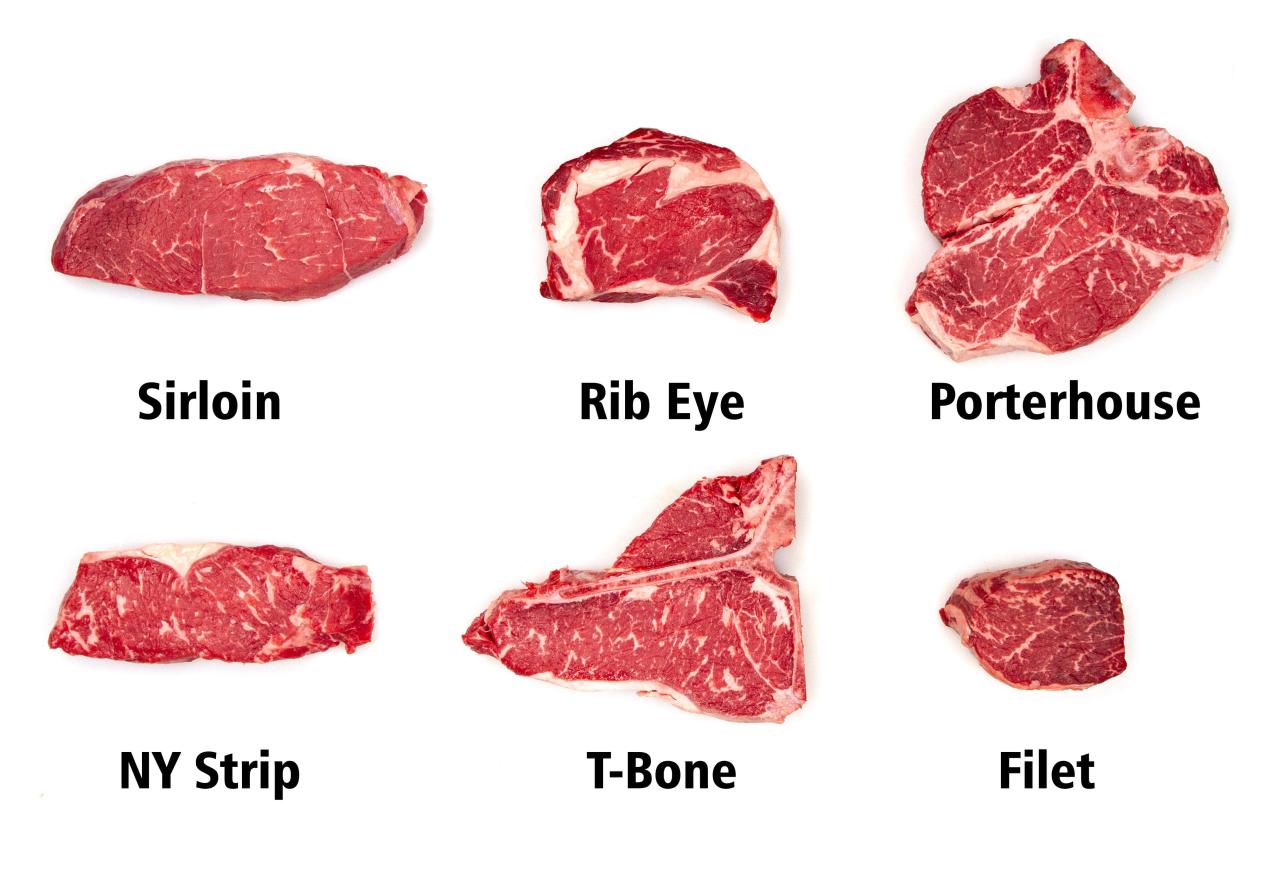
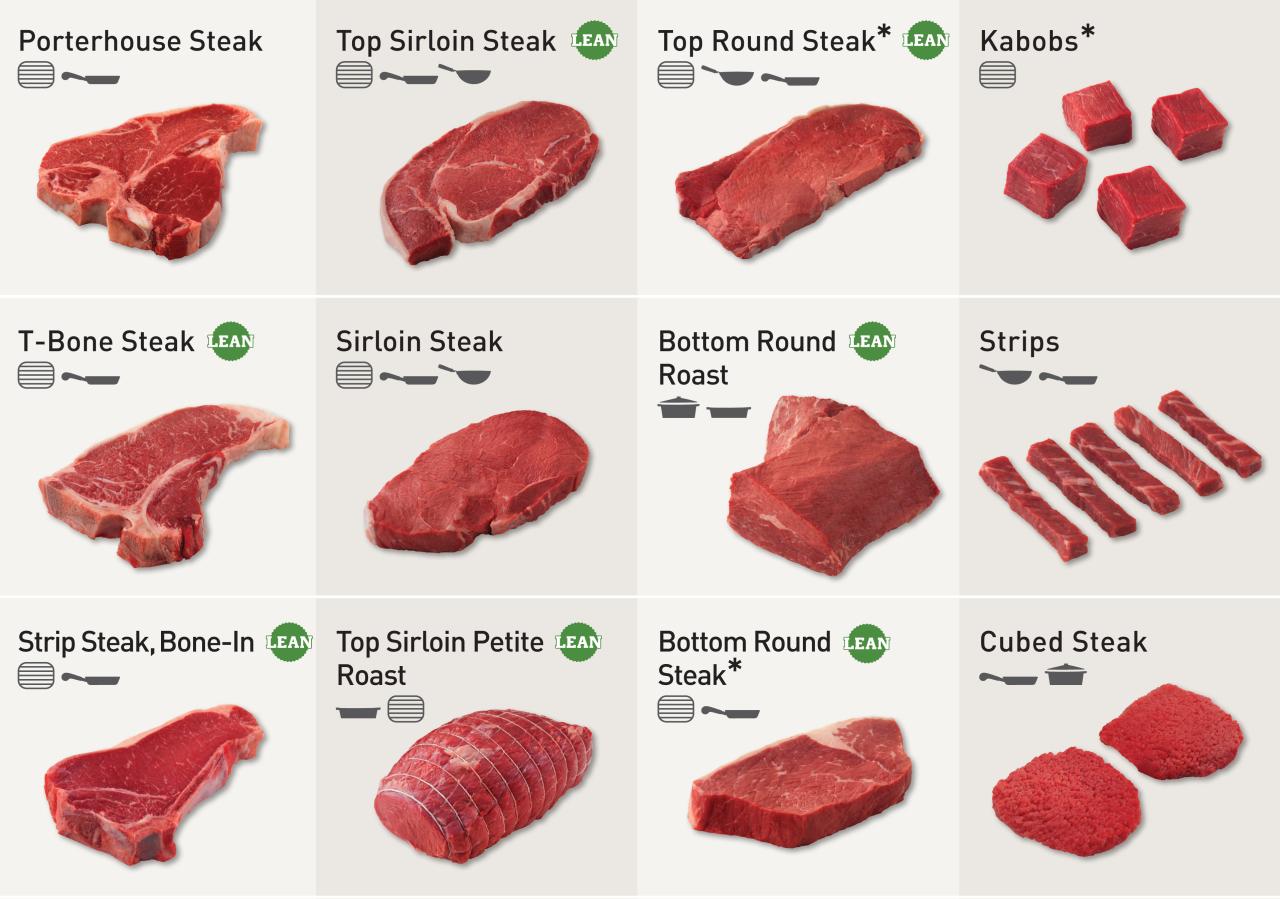
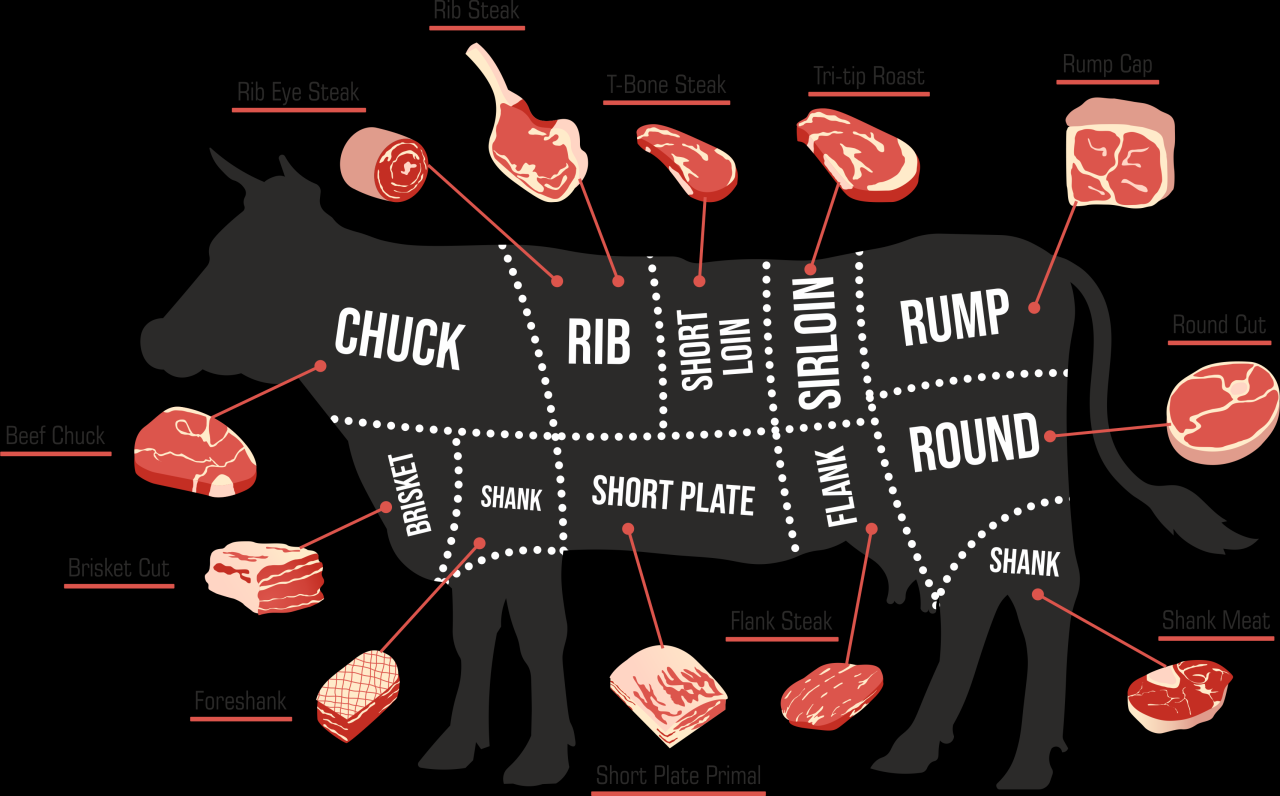
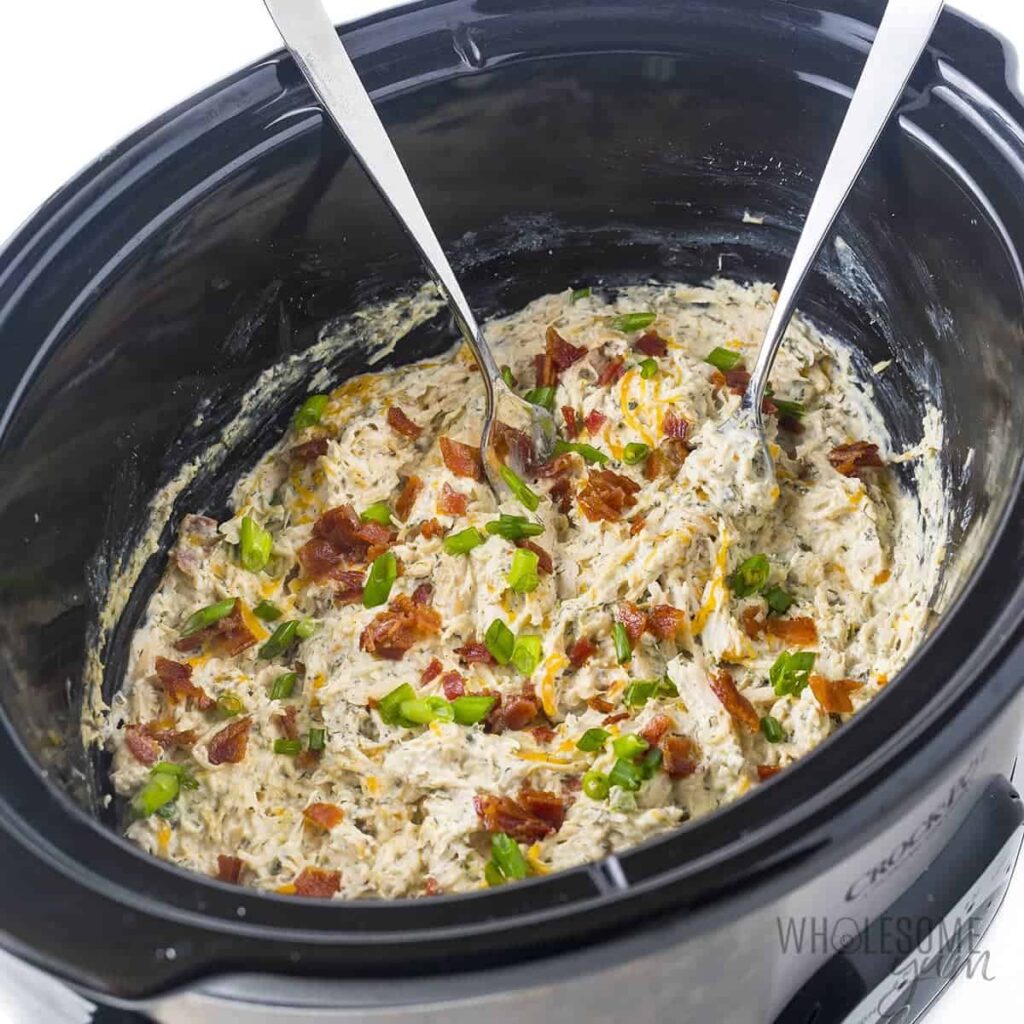
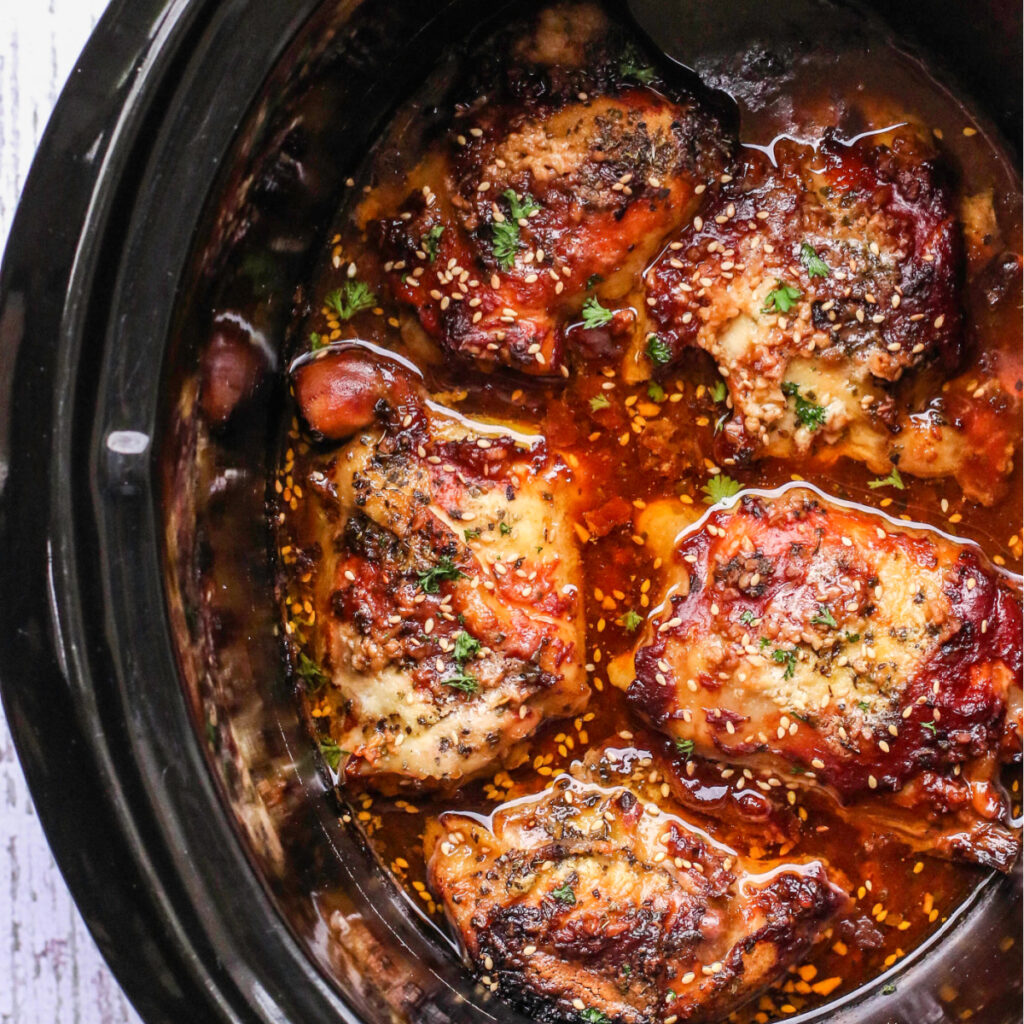
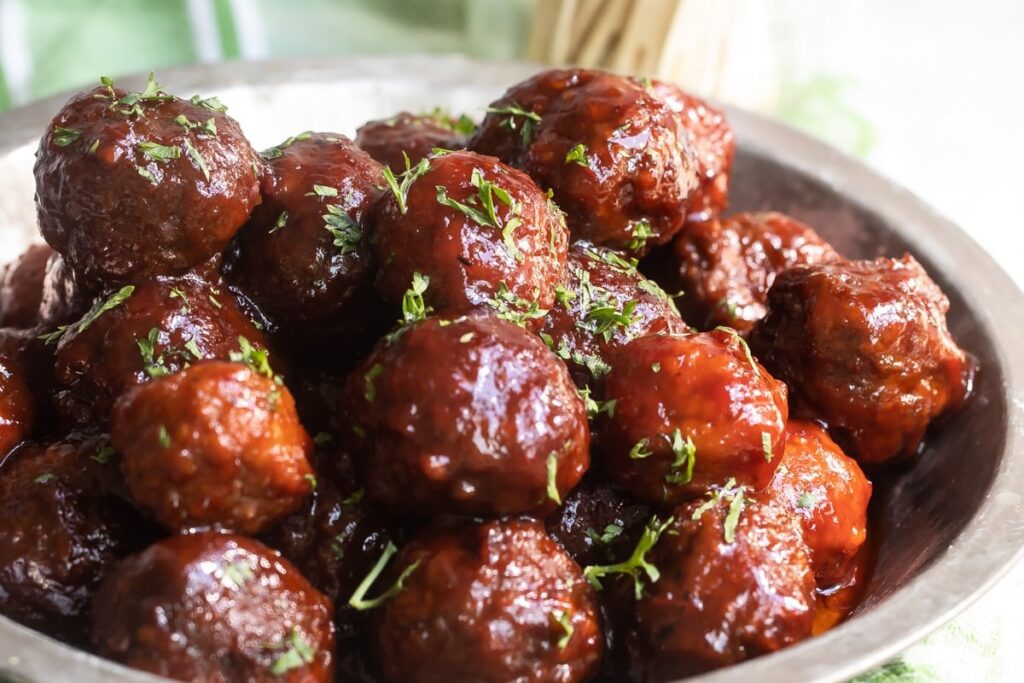
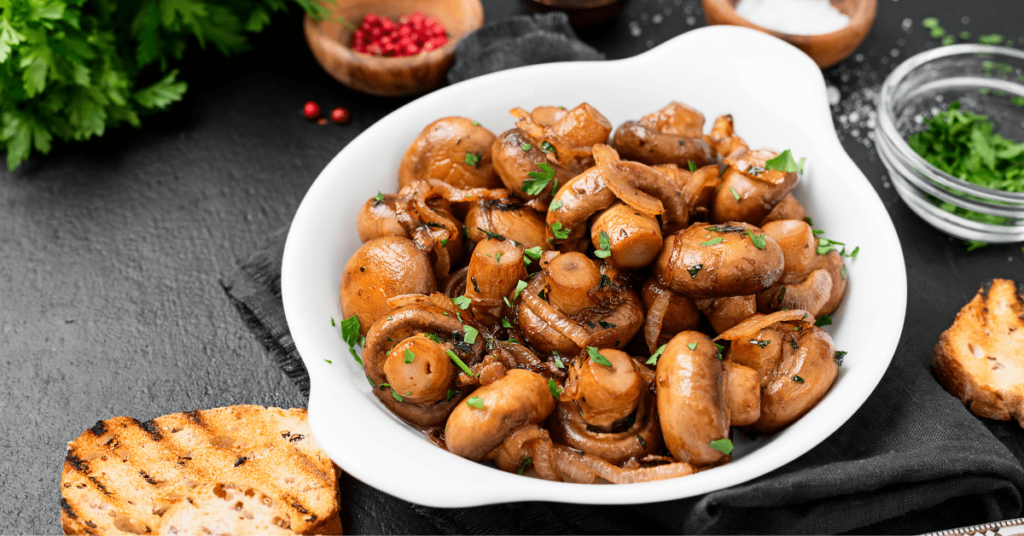
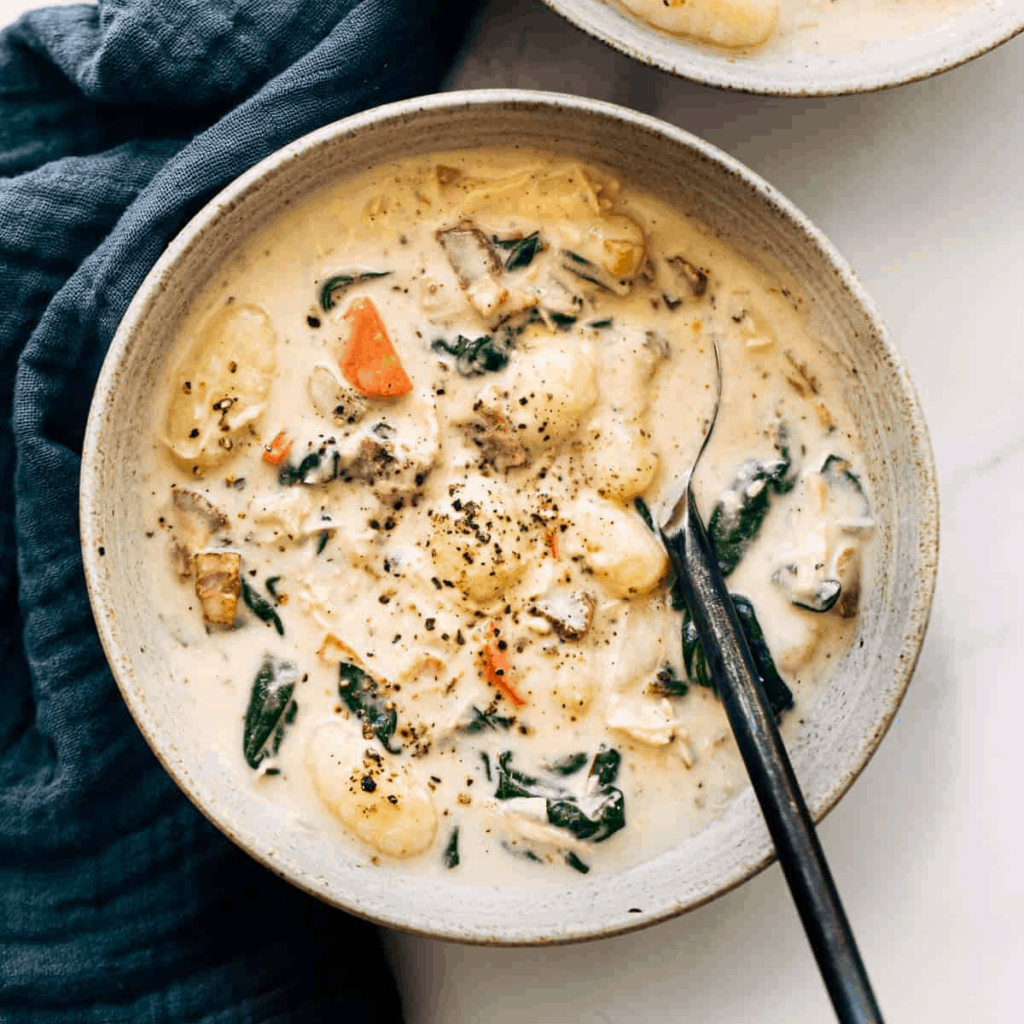
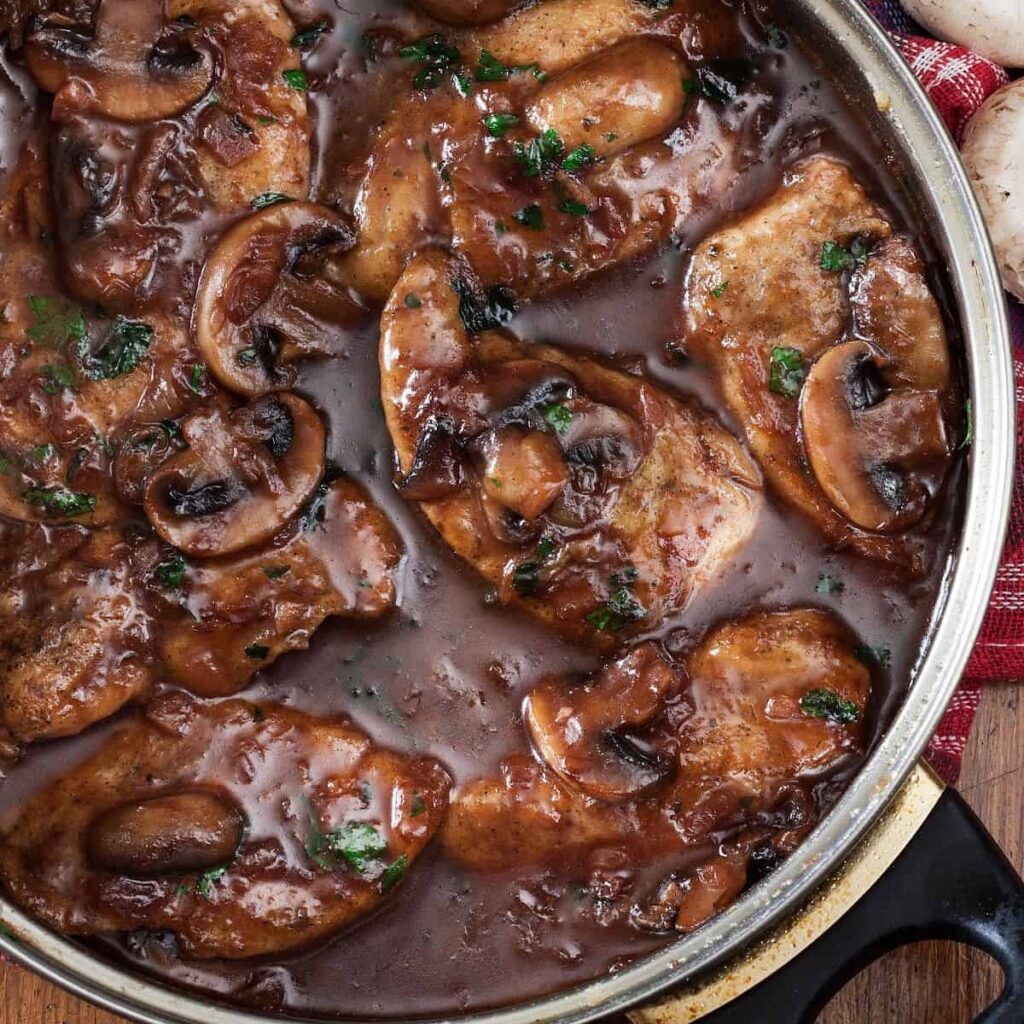

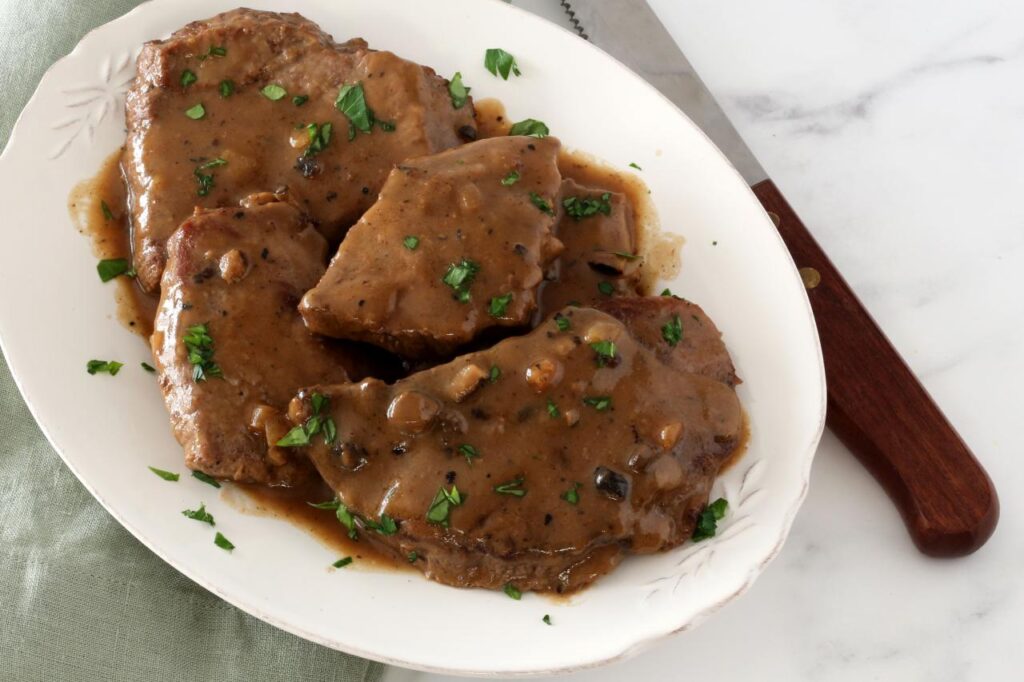


1 thought on “The Ultimate Guide to Steak Cuts: Choosing, Cooking, and Enjoying the Perfect Steak”